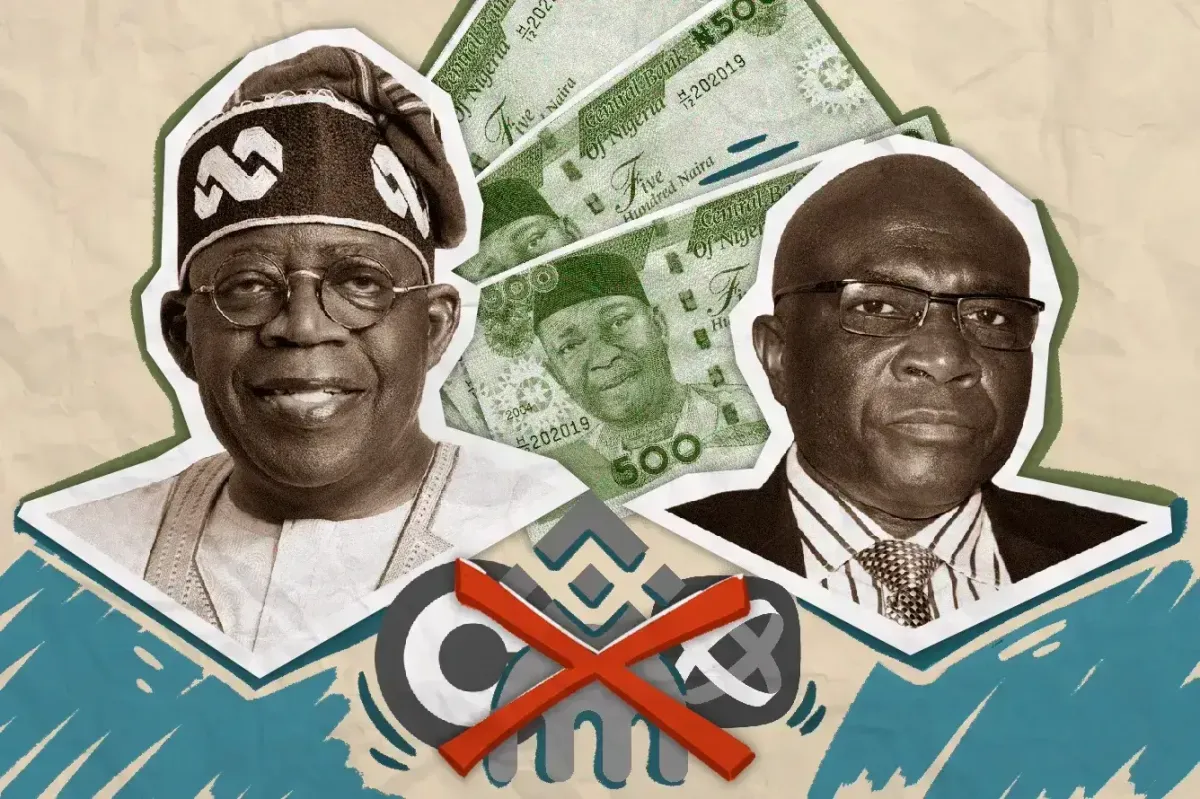
The Nigerian Communications Commission (NCC) has reportedly asked telecom service providers to block the websites of several crypto trading platforms, including Binance, Coinbase, Kraken, OctaFX and others, this week. Despite the order, Binance and Coinbase have confirmed that, with some limitations, users can still access their services.
Crypto exchanges have come to play an important role in the lives of millions of Nigerians who use cryptocurrencies to curb the constant devaluation of the Naira, the country's national currency.
Binance's exchange rates are frequently used as the benchmark for the local currency rate, leading president's advisor Bayo Onanuga to accuse the crypto exchange of "blatantly setting exchange rate for Nigeria, hijacking CBN role."
In a lengthy social media post, Onanuga blamed cryptocurrency and services for the failures of the Bola Tinubu government to combat the national currency's rampant devaluation. "Crypto should be banned in our country or else this bleeding of our currency will continue unabated," he said.
It is unlikely that this ban will work to alleviate the economic crisis in Africa's largest economy. Since the start of the year alone, the Naira rate has plummeted from 900 to 1600 to the dollar, according to the official exchange rate. In January, the inflation rate reached a 28-year high of 29.9%.
The precarious situation has led to a proliferation of black market currency exchanges and the rise of a parallel financial system that uses alternative means of exchange and reserves of value. Cryptocurrency is one of those means, but not the only one.
The measures are not even guaranteed to work in shutting down the exchanges. Binance's local website was shut down last year after being deemed illegal, yet users kept using the crypto exchange platform through its international web address. The current ban is a technical measure easily curbed using a VPN or an international telecom provider.
Aside from barring citizens from accessing their assets overnight, the decision also hurts the international image of the government of Bola Tinubu.
Shortly after taking office in May 2023, the president announced a series of market-friendly measures to attract foreign investment, which included the willingness to incorporate digital currencies into the country's economy.
These reforms included making Nigeria's central bank digital currency, the e-Naira, an everyday form of payment. However, given the troubles of the Naira, the adoption levels of its digital version remain very low.
This latest website ban suggests that the government is desperately trying to fix the hole in its economy, rather than prioritizing its long-term goal to digitize its economy.

